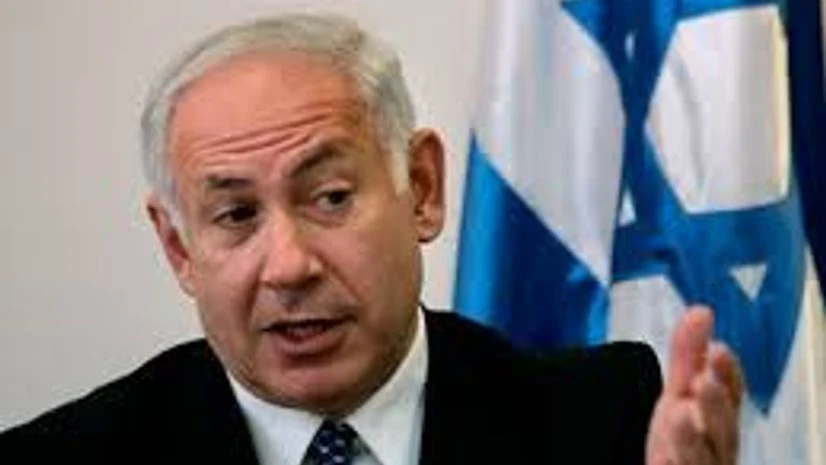Israeli Prime Minister Benjamin Netanyahu has said that reassuring words from Iranian officials about not wanting nuclear weapons do not square with Tehran's actions and that the international community needs to exert more pressure to deny Iran the capability of making nuclear arms.
In a speech at the American Israel Public Affairs Committee's annual policy conference yesterday, Netanyahu also had a message for Palestinian President Mahmoud Abbas: "Recognise the Jewish state. No excuses, no delays, it's time."
The Israeli leader also denounced as anti-Semitic the Palestinian-led movement of boycott, divestment and sanctions knows by its acronym, BDS.
More From This Section
"Those who wear the BDS label should be treated exactly as we treat any anti-Semite or bigot," Netanyahu said. "They should be exposed and condemned. The boycotters should be boycotted."
On Iran, Netanyahu is fighting an uphill battle. Six world powers, including the US, recently reached a diplomatic agreement with Iran that rolls back its nuclear program in exchange for some easing of economic sanctions that have crippled Iran's economy.
Israel sees Iran's nuclear program as an existential threat and fears Tehran is using negotiations toward reaching a final agreement as a way to stall while it continues to build nuclear arms.
Iran "wheels out its smiling president and its smooth-talking foreign minister. But if you listen to their words, their soothing words, they don't square with Iran's aggressive actions," Netanyahu said.
"Iran says it only wants a peaceful nuclear program. So why is it building a heavy water reactor, which has no purpose in a peaceful nuclear program? Iran says it has nothing to hide. So why does it ban inspectors from its secret military sites?
"Why doesn't it divulge the secrets of its military nuclear activities? ... Iran says it's not building nuclear weapons. So why does it continue to build ICBMs, intercontinental ballistic missiles, whose only purpose is to carry nuclear warheads?"
Under the agreement, Iran has agreed to allow expanded access to inspectors with the International Atomic Energy Agency. Iran says it needs the reactor to produce isotopes for medical and scientific use, although the West says the reactor is really configured to produce plutonium, which also can be used to make nuclear arms. Tehran denies any secret weapons activities, despite IAEA suspicions based on US and Israeli intelligence.

)
